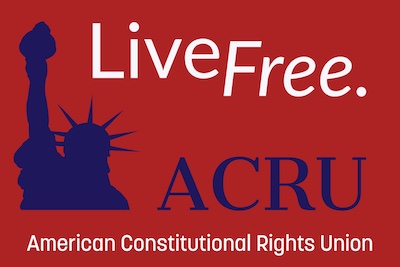In Kennedy v. Bremerton School District, the U.S. Supreme Court held that the School District violated Coach Joseph Kennedy’s constitutional rights when it disciplined him for praying silently at midfield following football games. It concluded that both the Free Exercise Clause and the Free Speech Clause of the First Amendment protected Kennedy’s conduct. The Court further rejected the School District’s assertion that it feared an Establishment Clause violation if it allowed Kennedy to continue with his private prayers.
The Court explained that the Free Exercise and Free Speech Clauses “work in tandem.” Indeed, the fact that “the First Amendment doubly protects religious speech is no accident. It is a natural outgrowth of the framers’ distrust of government attempts to regulate religion and suppress dissent.” As for the Free Exercise Clause, its “most important work” lies in “protecting the ability of those who hold religious beliefs of all kinds to live out their faiths in daily life.”
The School District’s policy might have prevailed had it been neutral or generally applicable, but it was neither. In fact, the School District conceded as much in the lower court. Nor could it regulate Kennedy’s speech because he was a public employee. Kennedy’s speech was not part of his duties as a coach. Rather, they were private actions.
The American Constitutional Rights Union supported Coach Kennedy before the Supreme Court. It noted that, before the School District could put one constitutional provision ahead of another, it needed to have a strong basis in evidence before doing so. The Court’s holding in favor of Coach Kennedy shows that no such factual basis was present.



